The joint statement released by the four group leaders after the I2U2's debut states that the country of India would host the first initiatives, which will support green energy, food production, and agriculture.
The Middle East Quad, dubbed "I2U2" after the initials of the participants, was established by Indian Prime Minister Narendra Modi, along with his Israeli counterpart Yair Lapid, UAE President Sheikh Mohammed bin Zayed Al Nahyan, and US President Joe Biden.
The project, which intends to "maximise crop yields and in turn, assist alleviate food insecurity in South Asia and the Middle East," will get $2 billion from the UAE, according to a release.
The project, according to Biden, "has the potential to sustainably raise India's food yield in the region threefold in only five years." It will draw on US and Israeli experience.
The 300 megawatt wind and solar energy programme will benefit Gujarat, and such initiatives "have the potential to become India a global centre for alternate supply chains in the renewable energy sector," according to the statement.
India's Prime Minister Narendra Modi said through videolink that "the I2U2 has built a positive agenda from its very first summit."
We have created a plan to move on with the cooperative projects we have identified in a number of sectors, he continued.
According to Modi, the I2U2 would collaborate in six areas—water, energy, transport, space, health, and food security by pooling the knowledge and resources of the four countries.
According to a joint statement, the UAE will invest $2 billion in the agriculture and food initiative, the US and Israeli corporate sectors will provide their knowledge, and India will offer the land to support the integration of farmers into food parks.
In addition, it stated that the project would "create a network of integrated food parks across India that will feature cutting-edge climate-smart technologies to reduce food waste and spoilage, conserve fresh water, and utilise renewable energy sources."



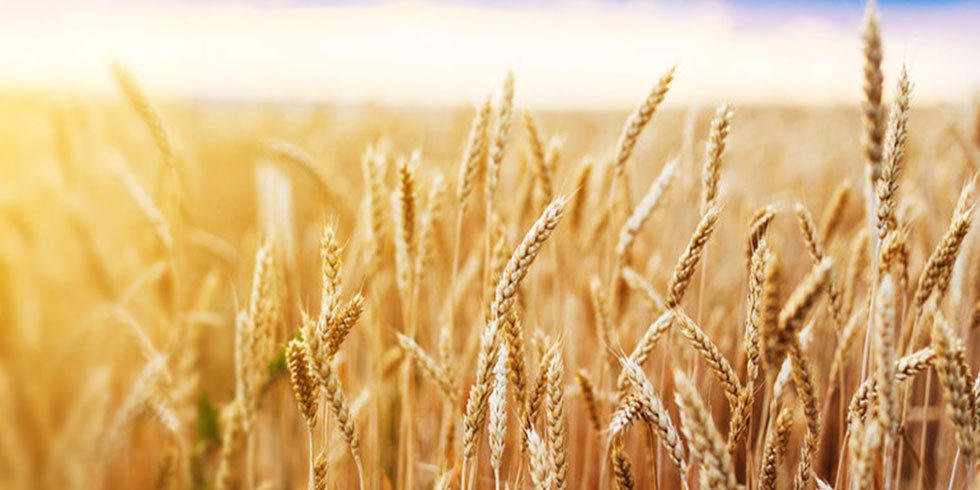
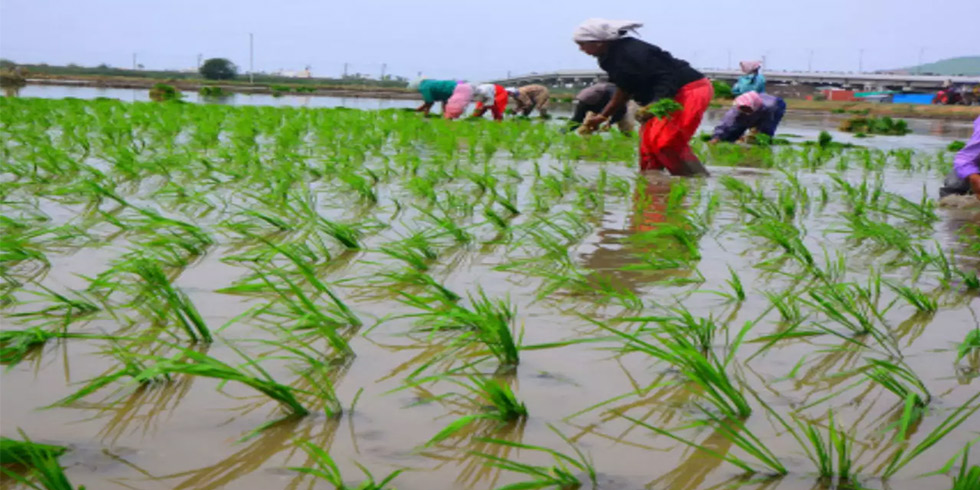
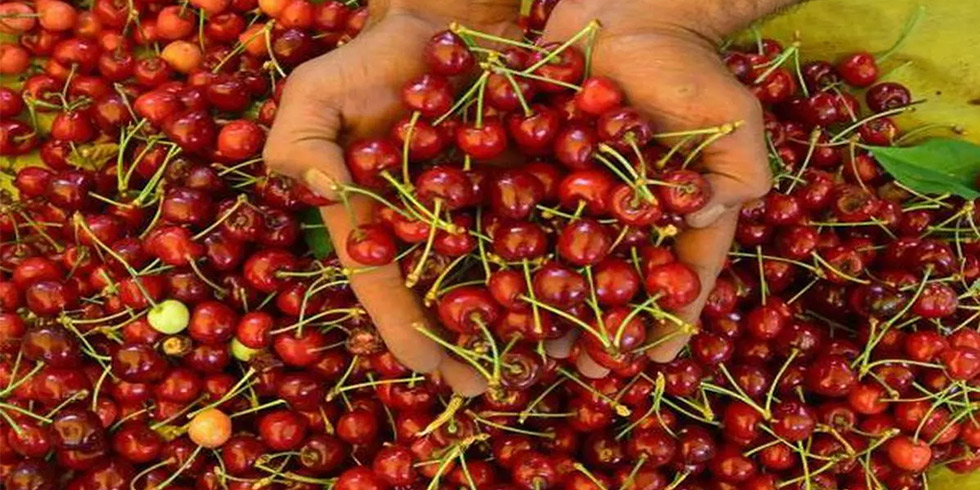
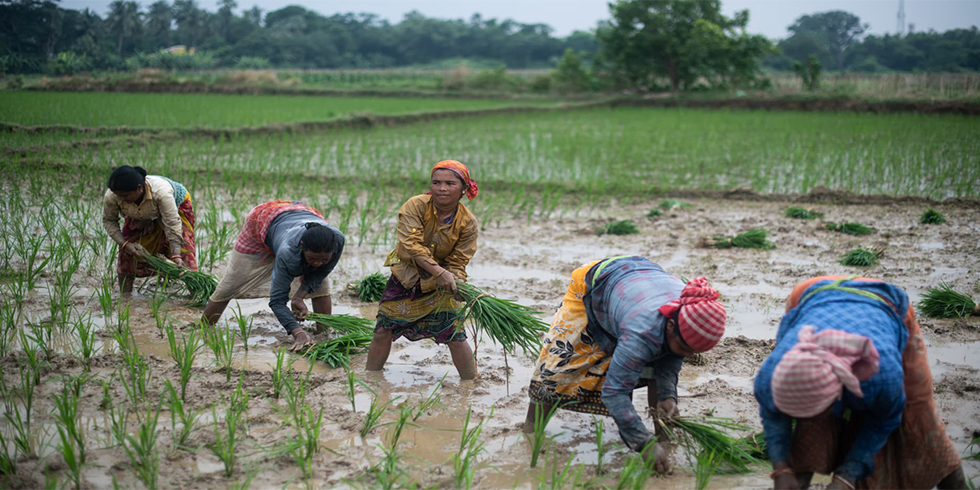
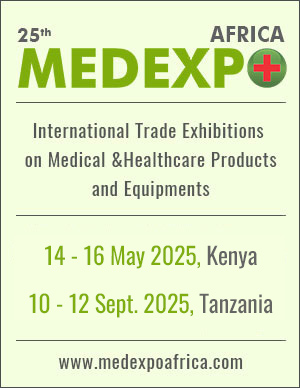
Add Comment